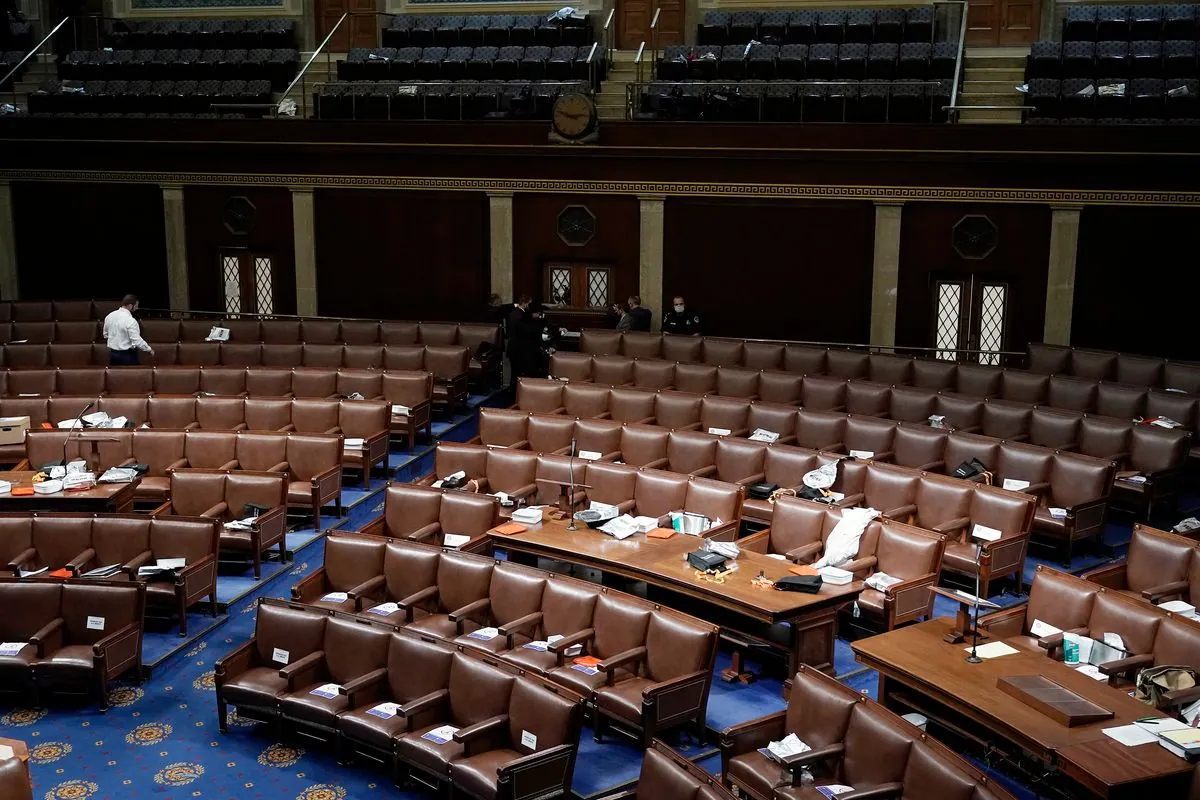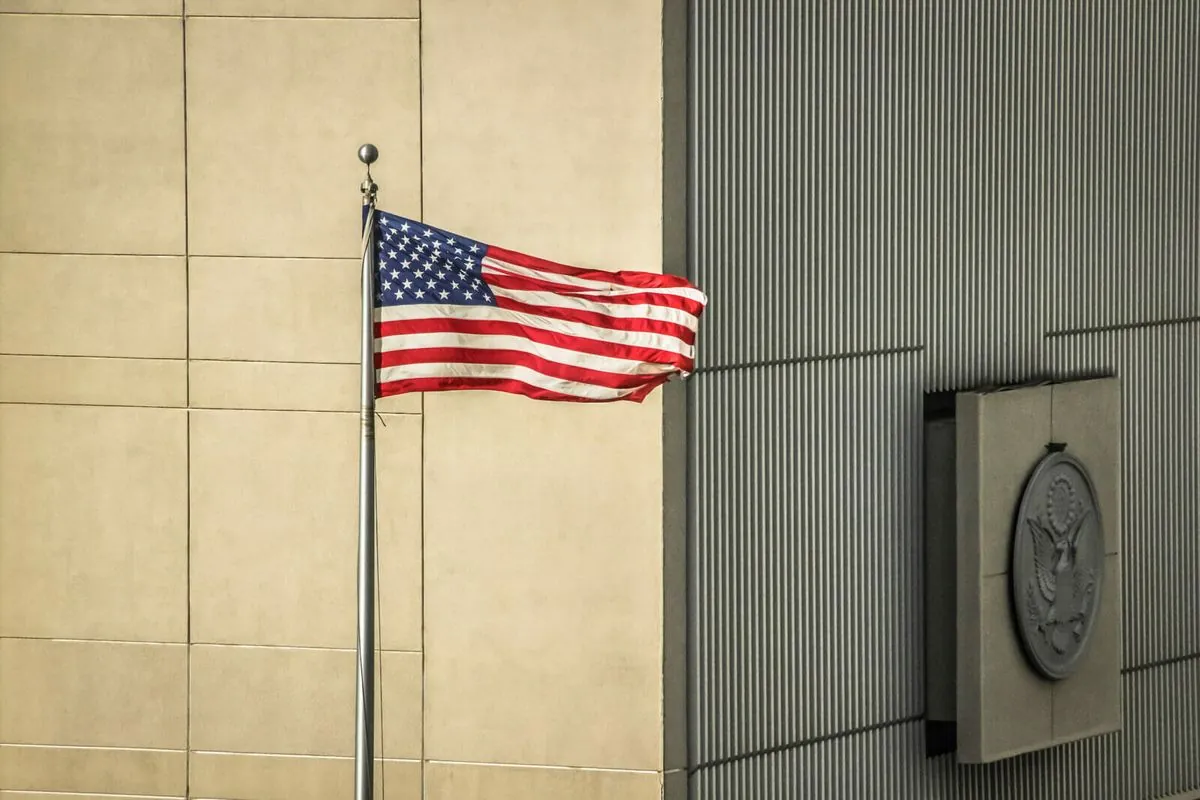Senate Gridlock Leaves Key U.S. Diplomatic Posts Vacant Amid Global Challenges
Dozens of Biden's national security nominees, including ambassadors, face prolonged Senate delays. The backlog, attributed to political disputes, raises concerns about U.S. global competitiveness against China and Russia.

Robert Forden's nomination as U.S. ambassador to Cambodia, made in June 2022, remains unconfirmed after more than two years. This situation exemplifies a broader issue affecting numerous senior national security positions in the U.S. government.
The Senate's confirmation process for key diplomatic roles has been significantly delayed, with dozens of nominees awaiting approval. This backlog has raised concerns about America's ability to compete globally, particularly against China and Russia.
The Senate Foreign Relations Committee, traditionally known for bipartisan cooperation, is at the center of this impasse. Senator Ben Cardin, a Democrat from Maryland, chairs the committee, while Senator Jim Risch of Idaho serves as the ranking Republican member.
Some notable nominations facing extended delays include:
- Margaret Taylor for State Department legal advisor: pending for over 480 days
- Andrew Plitt for USAID Middle East official: waiting more than 330 days
- Michael Sfraga for Arctic affairs envoy: nominated 554 days ago
- David Kostelancik for U.S. ambassador to Albania: pending for 578 days

The reasons for these delays are complex and politically charged. Democrats attribute the backlog to Republican obstruction, citing past blanket holds on nominees by senators like Ted Cruz and J.D. Vance. Republicans, however, argue that some nominees lack proper credentials or that the administration has been unresponsive to information requests.
"I've always worked in good faith to move nominations, even when the same courtesy has not been extended to me."
The impact of these vacancies is significant. At least 21 of the unfilled positions are for ambassadorships in countries or institutions considered vulnerable to Chinese influence. This situation potentially hampers U.S. diplomatic efforts and allows adversaries to gain ground.
"When we don't have an ambassador in place, our adversaries fill the void."
As the Senate prepares to return from recess, there appears to be little prospect of resolving this backlog soon, especially with the upcoming November elections drawing focus.
The situation underscores the growing politicization of the confirmation process for U.S. government positions, a trend that has intensified in recent years. This gridlock not only affects individual careers but also impacts America's ability to effectively conduct diplomacy and maintain its global influence.


































